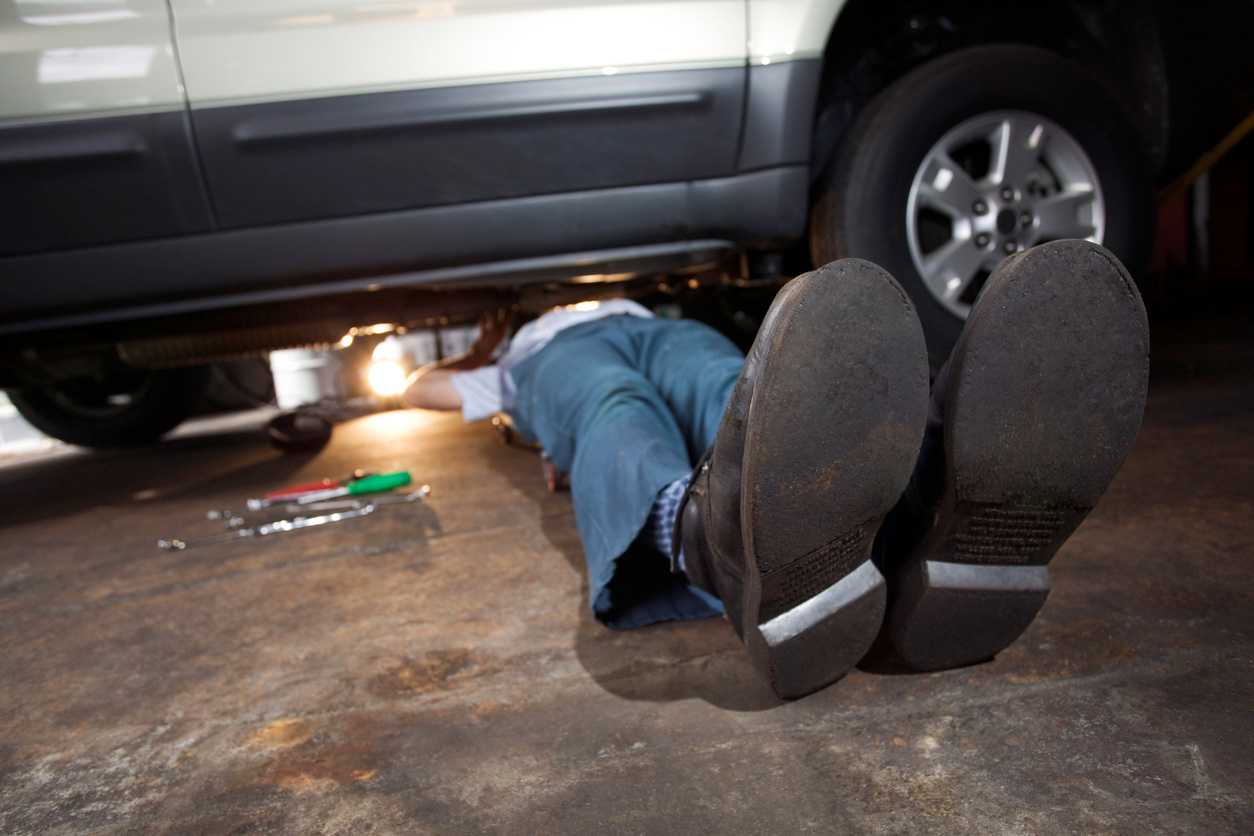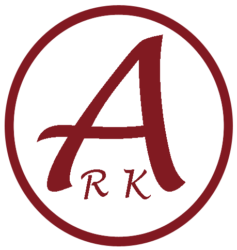The last few weekends have been busy ones. I have a rather large hedge around both front and rear gardens that needs cutting at least twice a year. I couldn’t put this off any longer. And there is Finlay the springer spaniel who wants to play for as long as you will throw a ball for him. And finally there is my job that is infringing into my weekends of late (but hopefully only short term).However, that said I did manage a few hours in the garage this weekend.
With the car still up on high trestles I thought I would do some more on the boot space and get the fuel tank finished. I started by tidying the cables and pipes making sure nothing was going to dangle or potentially get caught in the rotating drive shafts. I specifically anchored the return fuel pipe to the chassis with a couple of cable ties just in case the IVA inspectors torch shone in that direction. Next I filled the diff with oil. A trivial job with the car in the air and no back panel on, but I suspect much trickier later on.
Then it was the turn of the in-fill panels. I marked up and drilled the triangular panels each side and held them with clecos for now. I have found that the “black glue” solidifies in the tube after a few weeks if not used, so I will wait until a few panels that need bonding before I open another one.
The maintenance hatch has been cut to fit the hole between the chassis members, but once the triangular in-fill panels are in place the panel will be unable to be removed upwards. There’s no point in a maintenance hatch that can’t be opened, so I have trimmed the hatch panel such that it can be removed vertically from inside the boot space and held it down with 4 rivnuts rather than rivets.Having now done as much as I can here, I finally bonded in the fuel tank centrally to the chassis, using the “black glue” from a tube I cut in half, so as not to waste it, since the nossle and front of the tube were blocked.

